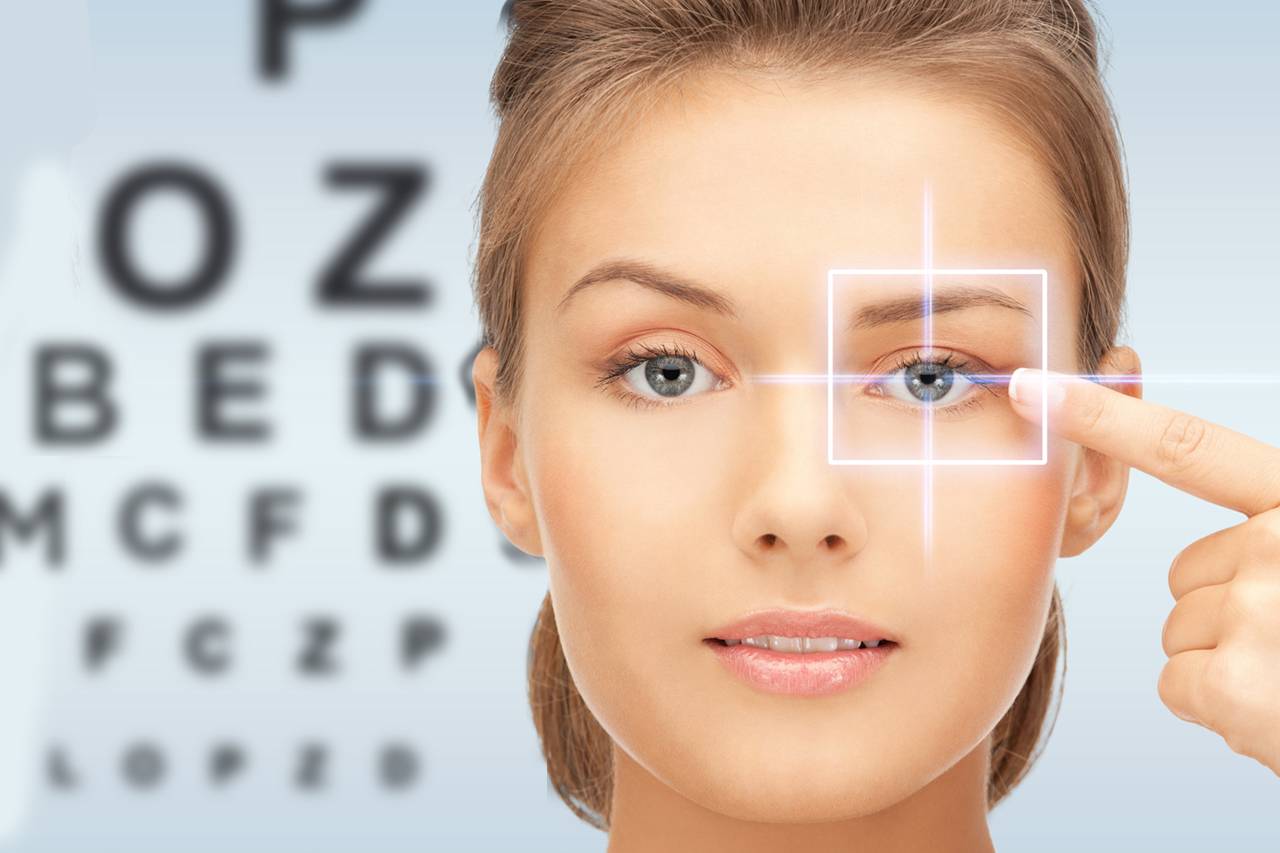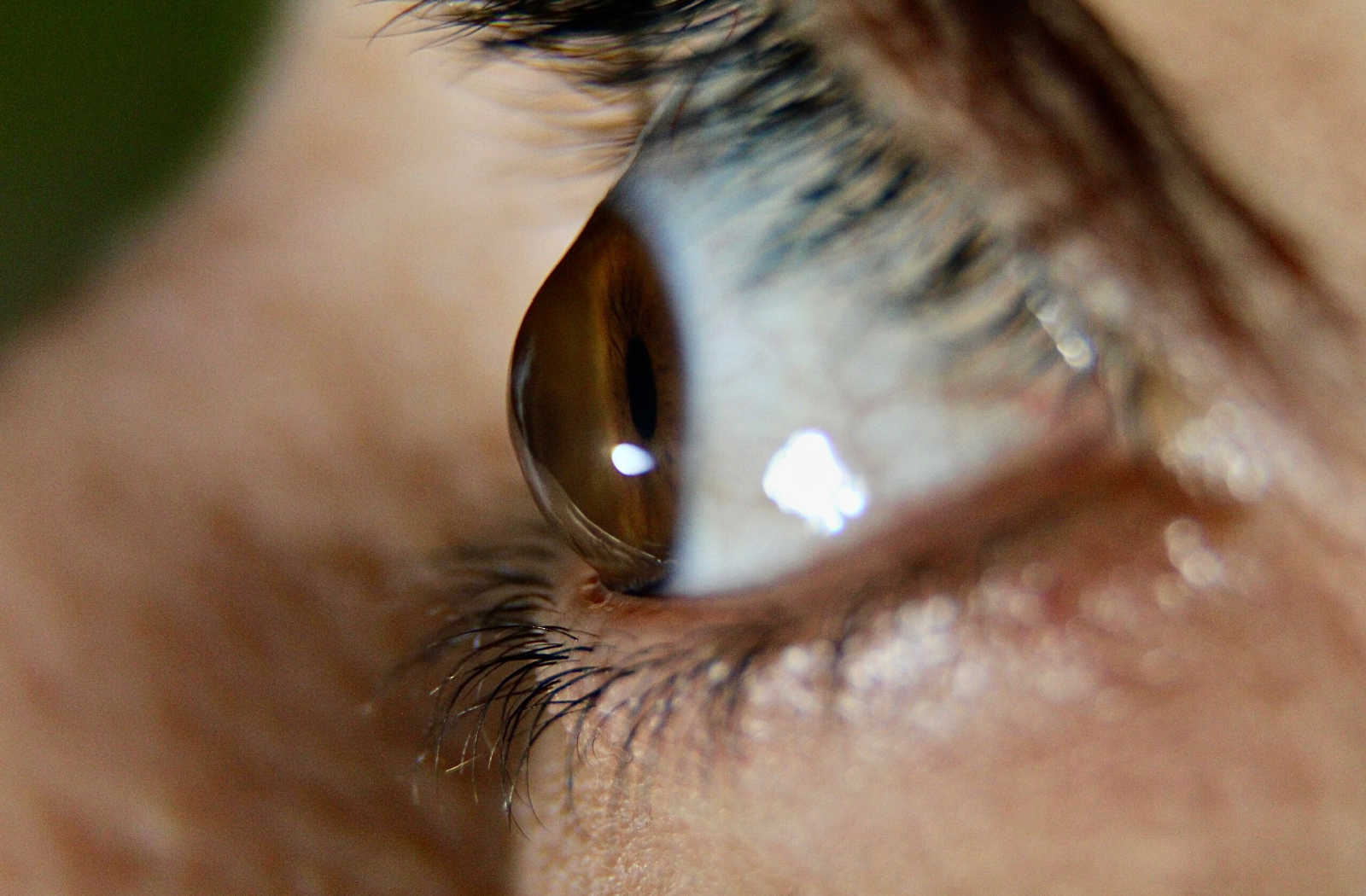Featured

While lots of people comprehend the value of safeguarding their skin from the sunlight, the damaging effects of ultraviolet (UV) rays on eye health and wellness often go overlooked. However, too much direct exposure to UV radiation can bring about a series of eye issues, some of which can lead to permanent damages. Whether you're saturating up the sunlight on a summer day or strolling outdoors on an over cast mid-day, guarding your eyes from UV rays is essential. Below's what you require to learn about the results of UV radiation on your eyes and just how to safeguard them.
What Are UV Rays? UV rays are a sort of electromagnetic radiation sent out by the sunlight. They are classified right into 3 kinds:
UVA Rays: These penetrate deep right into the skin and eyes and can add to lasting damage. UVB Rays: These rays are more extreme than UVA and are mainly in charge of surface-level damages to the eyes and skin. UVC Rays: These are one of the most dangerous however are primarily taken in by the Planet's ozone layer and don't normally reach us. UVA and UVB rays are the main wrongdoers behind eye-related damage.
Short-Term Results of UV Exposure on the Eyes. Also short-term exposure to extreme UV rays can harm your eyes. One usual condition triggered by this is photokeratitis, or "sunburn of the eye." Symptoms of photokeratitis consist of:
Excruciating, red eyes. Sensitivity to light. Tearing or excessive watering. Temporary vision loss or blurry vision. Photokeratitis is normally momentary, but it functions as a caution of how damaging UV direct exposure can be, even in little dosages.
Long-Term Effects of UV Exposure. Extended direct exposure to UV radiation can bring about extra significant and long-term eye problems, such as:
Cataracts: UV rays can accelerate the development of cataracts, a problem that creates clouding of the eye's all-natural lens, resulting in blurry vision and, if neglected, blindness.

Macular Degeneration: UV exposure can damage the retina, especially the macula, boosting the threat of age-related macular deterioration (AMD), which influences main vision.
Pterygium: A growth of cells on the white part of the eye that can prolong over the cornea, triggering pain, inflammation, and vision problems.
Pinguecula: UV exposure can trigger yellow-colored deposits to form on the conjunctiva, leading to irritability and dry skin.
Skin Cancer Cells Around the Eyes: The delicate skin bordering your eyes is highly prone to UV radiation, raising the risk of skin cancers cells like basal cell cancer and squamous cell carcinoma.
Just How to Safeguard Your Eyes from UV Rays. Shielding your eyes from UV rays is straightforward and requires a couple of conscious practices:
Spend in Top Quality Shades: Choose sunglasses that block 100% of UVA and UVB rays. Search for tags that define "UV 400" protection. Wrap-around designs are suitable as they block UV rays from the sides too.
Wear a Wide-Brimmed Hat: A hat with a brim a minimum of three inches vast can considerably lower UV direct exposure to your eyes and face.
Limitation Exposure During Top Hours: UV rays are strongest in between 10 a.m. and 4 p.m. If you have to be outdoors during these hours, ensure you're appropriately protected.
Don't Be Fooled by Clouds: UV rays can penetrate through clouds, so it is necessary to wear sunglasses also on cloudy days.
Shield Your Eyes Year-Round: Snow, sand, and water can show UV rays, increasing their impacts. Eye security isn't just for bright summertime days-- ensure you're covered in all seasons.
Usage UV-Blocking Call Lenses: Several call lenses currently feature UV security. If you put on calls, ask your eye doctor about lenses with built-in UV filters for included protection.
Encourage Eye Security for Kid: Children's eyes are much more conscious UV rays because their lenses are more clear, permitting even more radiation to get to the retina. See to it they put on sunglasses and hats during exterior activities.
Regular Eye Exams. Routine exams with an eye treatment professional are important for very early discovery of any type of UV-related damage. An optometrist or eye doctor can review your eyes, suggest protective procedures, and identify problems like cataracts or macular degeneration early.
Final thought. UV rays present a significant hazard to eye health, and their impacts can gather over time. Nonetheless, with the appropriate safety measures, you can minimize these dangers and shield your vision. By putting on UV-blocking sunglasses, restricting sun exposure during top hours, and remaining regular with eye exams, you can ensure your eyes remain healthy and balanced and your vision continues to be clear for years to find. Protecting your eyes from UV radiation isn't just regarding convenience-- it's a necessary action in maintaining your long-lasting eye health and wellness.
Latest Posts
NAPA AutoCare Certified: Count on Montclare Auto Repair for Excellence
Safeguard and Stylish Automatic Gates for Every Property
Discovering Excellence with A-Abel Roofing's Gallery